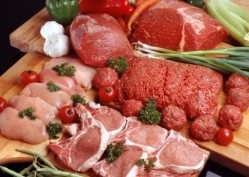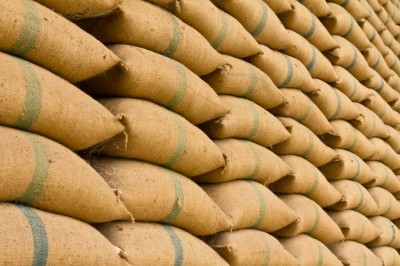Higher meat and dairy prices offset lower cereal prices in 2013: FAO

The FAO food price index measures the change in price for a global basket of 70 internationally traded food commodities, and during 2013, it fell 1.6% compared to a year earlier, although it remains the third highest annual value on record. However, at 209.9 points, the index was still far below 2011’s peak of 230.1.
Meat and dairy prices were up sharply last year, balancing lower prices for sugar, oils and cereals – with the exception of rice. Both meat and dairy prices peaked to record levels in 2013.
"Last month, the FAO Food Price Index remained elevated as strong demand for certain high-protein foods continued to drive up prices overall, countering falling prices of major food crops after last year's abundant harvests," said FAO economist Abdolreza Abbassian.
What’s in store for 2014?
“We don’t know if prices are going to be steady in the future,” he said. “…Prices for some of the commodities in the index, for example cereals or sugar, have plunged sharply during the 2013 period simply because of supply situation improving production is near record levels, if not record, and this supply recovery has resulted in a big price correction in those sectors.
“On the other side of the equation, however, we witnessed huge surges in prices of commodities, especially in high protein points like meat and dairy and here, for example, in fact 2013 marked the year where prices were at record levels and this upward price trend has been going on now for a number of months.”
Abbassian added that the reason for these higher prices has been hugely demand-driven, especially from Asia.
“This increase in demand is definitely putting up the prices of those commodities, offsetting declines we have seen in prices of grains,” he said.
He stressed that overall prices were still the third highest on record, and “not anywhere near comfortable levels”.
However, in terms of crops that matter from a food security perspective, Abbassian said: “We are in a more comfortable situation than we have been in for a number of years, and that is very comforting.”


























